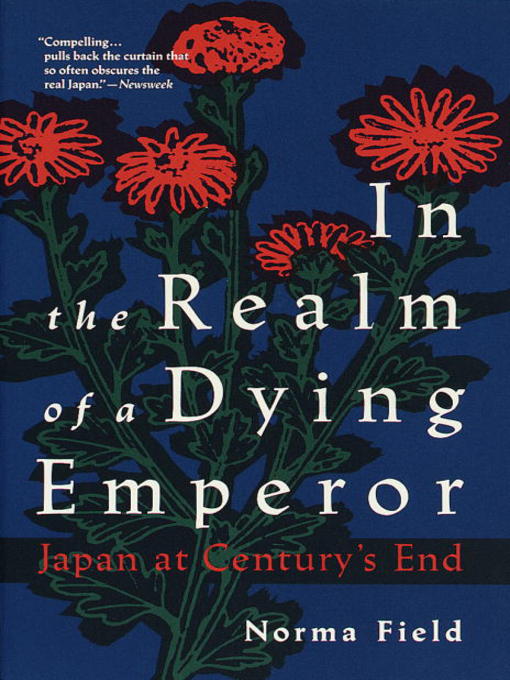- Home & Garden
- Food & Wine
- News & Politics
- Sports
- Health & Fitness
- Celebrity
- Tech & Gaming
- Fashion
- Travel & Outdoor
- Family & Parenting
- Art & Architecture
- Crafts
- Business & Finance
- See all
-
Description
-
Details

Kindle Book
- Release date: February 9, 2011
OverDrive Read
- ISBN: 9780307761002
- Release date: February 9, 2011
EPUB ebook
- ISBN: 9780307761002
- File size: 2732 KB
- Release date: February 9, 2011
Formats
Kindle Book
OverDrive Read
EPUB ebook
Languages
English
